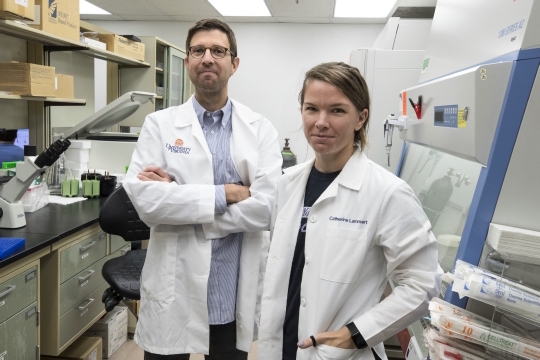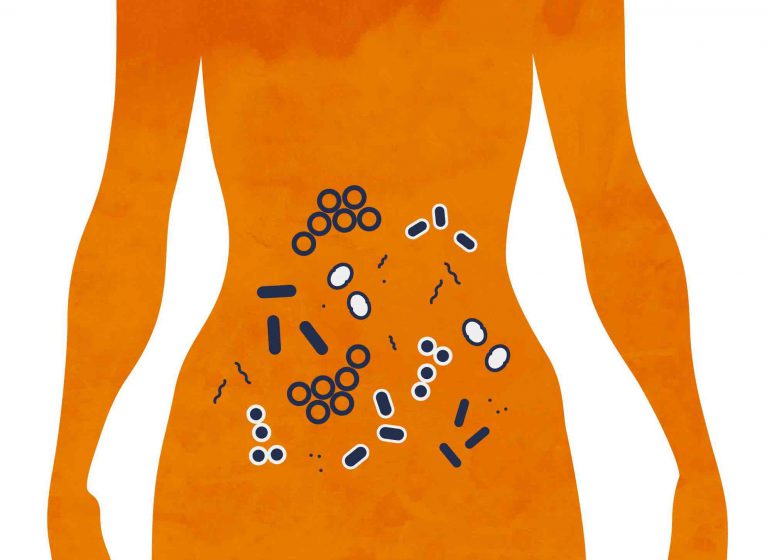Our John Lukens, PhD, and his colleagues have revealed that the health of the mother’s microbiome during pregnancy determines the risk of autism in her offspring.
What’s the microbiome? It’s the collection of microscopic organisms that naturally live inside us, and it’s proving increasingly vital to good health.
The good news it that the microbiome is easily modifiable. It can be as simple as changing your diet. Or taking probiotics. Or even receiving a fecal transplant, which is already done regularly in people to fight off recurrent C. difficile infection. (We do it here at UVA.)
All these approaches can restore a healthy equilibrium in the gut, and this suggests that we might be able to use them to prevent autism. (Another researcher in Dr. Lukens’ department, the Department of Neuroscience, previously discovered that fixing the microbiome also might let us reverse depression.)
As you might expect, there’s been great interest in the autism discovery. But I received one troubling note from a correspondent worried that women who have children with autism might somehow internalize this news, to conclude that they were somehow at fault or had done something wrong.
I really hope not, because that’s simply not the case. We still can’t tell expectant moms what to eat or what not to eat, what to do or not do. We’re at the beginning of a very long road, and much research will have to be done to understand the complexities of the relationship between the microbiome and autism.
For example, Dr. Lukens and his team were able to prevent the development of autism-like disorders in mice by blocking a specific inflammatory molecule, IL-17a. But that doesn’t mean IL-17a is the only molecule involved, or that it would be smart to block it in pregnant women. Inflammation exists for a reason. In this case, IL-17a is very important for fighting off infections, especially fungal infections. Blocking it, Dr. Lukens noted, “could make you susceptible to all kinds of infections.”
That said, the molecule has already been implicated in rheumatoid arthritis, multiple sclerosis and other conditions. And there are already drugs available that target it. You might even have seen them advertised on TV, in those commercials with the lengthy warning voiceovers.
But pregnancy is a complicated matter. Dr. Lukens says we might be able to address autism by targeting IL-17a, but we would first have to understand the potential ripple effects of doing so. And to sort out the potential side effects.
Again, much work needs to be done. But it’s a tremendous discovery, with exciting implications. Let’s hope it turns out that preventing autism really can be as simple as changing an expectant mom’s diet.


Hi there,
I read about this study via an article posted by NBC, and I have a lot of questions regarding the findings publicized in that article. May I please request the DOI of your published results, as well as the results of your work conducted in mouse populations?
Thanks so much,
Ashley
You can find the article here:
http://dx.doi.org/10.4049/jimmunol.1701755